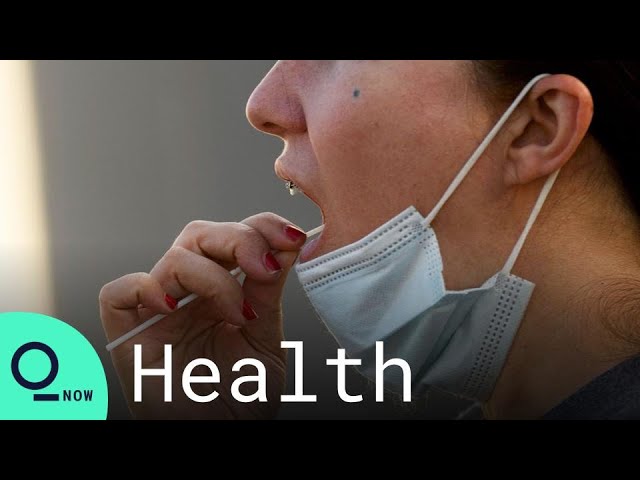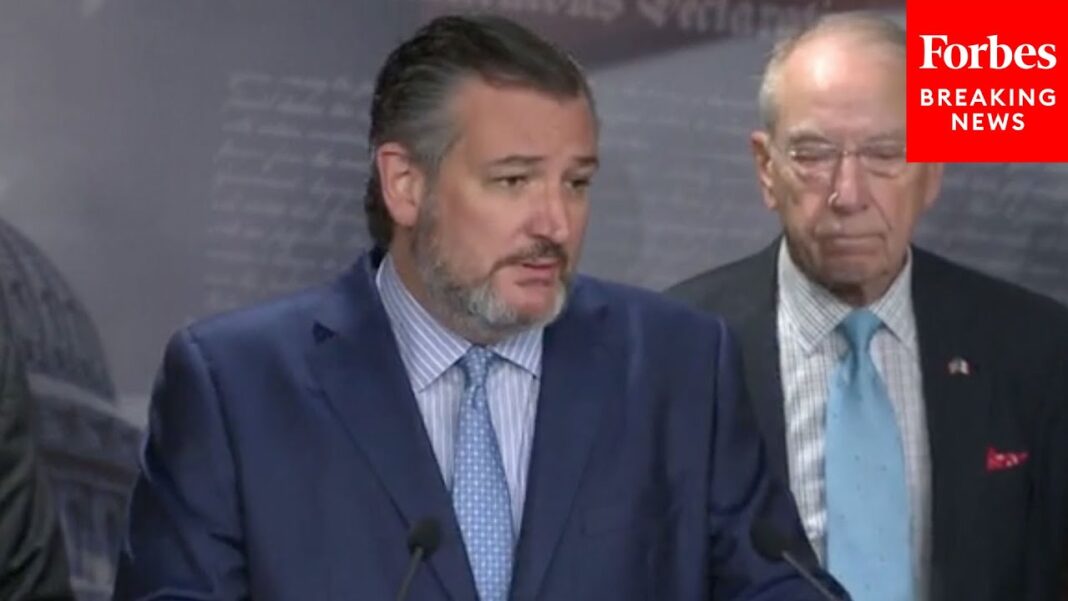
President Joe Biden receives a negative 38 – 53 percent job approval rating, the lowest score he’s received from the American people on his job performance since taking office, according to a Quinnipiac (KWIN-uh-pea- ack) University national poll of adults released today. In Quinnipiac’s last national poll released 3 weeks ago, he received a negative 42 – 50 percent job approval rating.
Today, Republicans (94 – 4 percent) and independents (60 – 32 percent) disapprove of the job Biden is doing, while Democrats approve 80 – 10 percent.
HANDLING OF ISSUES
Biden received negative scores in the double digits on all but one key issue when Americans were asked about his handling of …
- the response to the coronavirus: 48 percent approve, while 50 percent disapprove;
- the economy: 39 percent approve, while 55 percent disapprove;
- his job as Commander in Chief of the U.S. military: 37 percent approve, while 58 percent disapprove;
- taxes: 37 percent approve, while 54 percent disapprove;
- foreign policy: 34 percent approve, while 58 percent disapprove;
- immigration issues: 25 percent approve, while 67 percent disapprove;
- the situation at the Mexican border: 23 percent approve, while 67 percent disapprove.
When it comes to Biden’s personal traits, Americans were asked whether or not Biden …
- cares about average Americans: 49 percent say yes, while 48 percent say no, compared to 58 – 37 percent yes in April;
- is honest: 44 percent say yes, while 50 percent say no, compared to 51 – 42 percent yes in April;
- has good leadership skills: 41 percent say yes, while 56 percent say no, compared to 52 – 44 percent yes in April.
More than half of Americans say 55 – 42 percent that the Biden administration is not competent in running the government.
“Battered on trust, doubted on leadership, and challenged on overall competency, President Biden is being hammered on all sides as his approval rating continues its downward slide to a number not seen since the tough scrutiny of the Trump administration,”
said Quinnipiac University Polling Analyst Tim Malloy.
AFGHANISTAN
Roughly 3 in 10 Americans (28 percent) think the U.S. did the right thing by withdrawing all troops from Afghanistan, while 50 percent think the U.S. should have withdrawn some troops from Afghanistan but not all troops, and 15 percent think the U.S. should not have withdrawn any troops from Afghanistan.
“Though the troops are gone, America’s longest war still gnaws at the country. Weary of the seemingly endless conflict but wary of what was left behind, the majority of people still see boots on the ground as the firewall between a country in the grip of Western hating factions and the rest of the world,”
added Malloy.
SATISFACTION & THE ECONOMY
Roughly one-quarter of Americans (28 percent) say they are either very satisfied (5 percent) or somewhat satisfied (23 percent) with the way things are going in the nation today. Close to three-quarters (72 percent) of Americans say they are either somewhat dissatisfied (24 percent) or very dissatisfied (48 percent) with the way things are going in the nation today. Those levels are largely unchanged from September.
Roughly one-quarter of Americans (29 percent) describe the economy as excellent (2 percent) or good (27 percent), while 69 percent describe it as not so good (35 percent) or poor (34 percent).
This is a drop from May when 38 percent described the economy as excellent or good and 59 percent described it as not so good or poor.
COVID-19
Nearly three-quarters (74 percent) of Americans say they either have received a COVID-19 vaccine or plan to, while 20 percent say they don’t plan to receive a COVID-19 vaccine. This is largely unchanged from a September survey.
A majority of Americans say 52 – 44 percent that once students of all ages are eligible for a COVID-19 vaccine, kindergarten through 12th grade students should not be required to receive a COVID-19 vaccine.
Nearly 7 in 10 (68 – 30 percent) of Americans with kids under the age of 18 say they do not think that students should be required to receive a COVID-19 vaccine once students of all ages are eligible for a COVID-19 vaccine.
Americans were asked whether or not a vaccine mandate would make them more or less likely to engage in particular activities. In all cases, a plurality of Americans say that a vaccine mandate would make no difference when deciding whether or not…
- to travel on an airplane: 47 percent say no difference, 36 percent say more likely, 15 percent say less likely;
- to go to a restaurant: 47 percent say no difference, 35 percent say more likely, 17 percent say less likely;
- to go to a large sports or entertainment event: 48 percent say no difference, 34 percent say more likely, 17 percent say less likely.
Nearly 8 in 10 Americans (77 percent) think a return to in person work at this time is a good thing, while 15 percent think it’s a bad thing.
More than one-third of Americans (37 percent) expect the number of COVID-19 cases to increase over the next few months, 28 percent expect the number to decrease, and 30 percent expect the number of cases to stay about the same.
1,326 U.S. adults nationwide were surveyed from October 1st – 4th with a margin of error of +/- 2.7 percentage points.
The Quinnipiac University Poll, directed by Doug Schwartz, Ph.D. since 1994, conducts independent, non-partisan national and state polls on politics and issues. Surveys adhere to industry best practices and are based on random samples of adults using random digit dialing with live interviewers calling landlines and cell phones.








